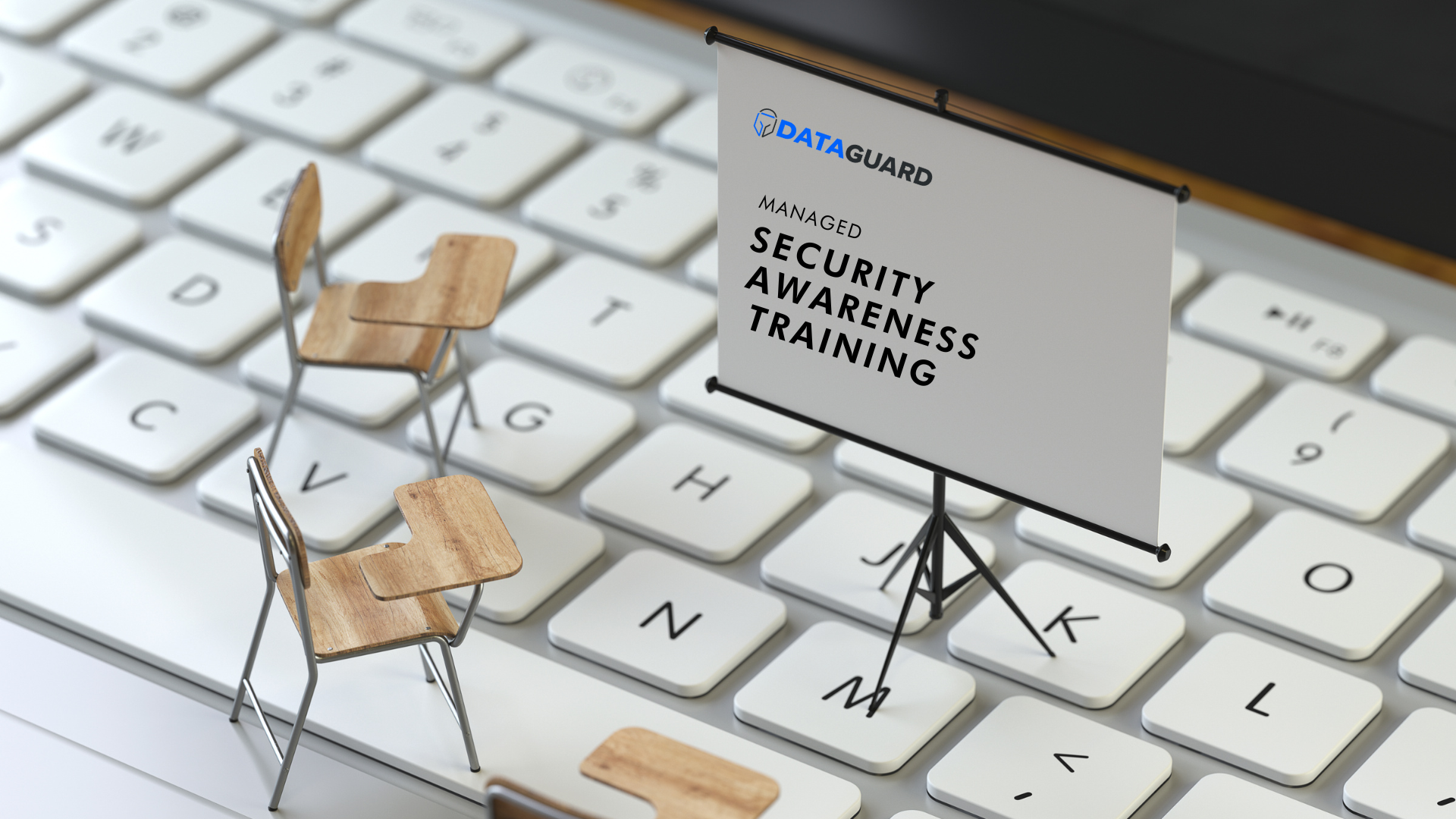10 Key Challenges and Cybersecurity Solutions for Smart Factories in Manufacturing
In the rapidly evolving landscape of manufacturing, smart factories are revolutionizing the industry, leveraging advanced technologies like IoT (Internet of Things), AI (Artificial Intelligence), and robotics to optimize production processes and enhance efficiency. While these innovations offer tremendous benefits, they also introduce new cybersecurity challenges that manufacturers must address to safeguard their operations.
Smart factories rely on interconnected systems and devices to automate processes, monitor production lines, and collect valuable data for analysis. However, this interconnectedness creates vulnerabilities that cyber attackers can exploit to disrupt operations, steal sensitive information, or cause physical harm. Therefore, implementing robust cybersecurity measures is essential to protect smart factories from evolving threats.
10 Key Challenges and Cybersecurity Solutions for Smart Factories
IOT Security
The proliferation of IoT devices in smart factories increases the attack surface, as each connected device represents a potential entry point for cyber threats. DataGuard mitigates these risks with Continuous Vulnerability Scanning, designed to secure connected devices, gateways, and sensors in smart factory environments. Our comprehensive approach includes device authentication, encryption, and anomaly detection to detect and respond to potential IoT security incidents.
Data Privacy and Compliance
Smart factories generate vast amounts of data, including sensitive information about production processes, customer orders, and supply chain logistics. Protecting this data from unauthorized access, manipulation, or theft is crucial to maintaining regulatory compliance and safeguarding the privacy of stakeholders.
To maintain regulatory compliance and protect sensitive data, DataGuard’s HIPAA Compliance Program, adapted for the manufacturing sector, offers data encryption, access control, and compliance assessments to ensure adherence to industry regulations such as GDPR, CCPA, and HIPAA.

Supply Chain Risks
Smart factories are interconnected with suppliers, vendors, and partners, creating a complex supply chain ecosystem. Cybersecurity risks can propagate through this interconnected network, making it essential for manufacturers to assess and mitigate risks across the supply chain.
DataGuard offers supply chain risk management services like the Managed Detection and Response (MDR), Regulatory Response Services and Incident Response Retainer (IRR) to assess and mitigate cybersecurity risks across the manufacturing supply chain. We conduct risk assessments, vendor due diligence, and third-party security audits to identify and address supply chain vulnerabilities.
Emerging Threat Landscape
Cyber threats targeting manufacturing environments are evolving rapidly, with attackers employing sophisticated techniques such as ransomware, supply chain attacks, and industrial espionage. Staying ahead of these threats requires proactive threat intelligence, threat hunting capabilities, and incident response readiness.
DataGuard stays ahead of the curve with SIEM and SOAR solutions, offering threat intelligence and incident response services that help smart factories detect, respond to, and recover from cyber incidents. We equip manufacturers with real-time threat intelligence, incident detection, and response planning to minimize the impact of cyber threats.
Insider Threats
Insider threats pose a significant risk to smart factories, as employees, contractors, and business partners may inadvertently or maliciously compromise sensitive data or systems. Implementing robust access controls, user monitoring, and employee training programs is essential to mitigate insider threats.
To counter insider threats, DataGuard’s Managed Security Awareness Training educates employees on cybersecurity best practices, enhancing user monitoring and implementing robust access controls to mitigate insider risks.
Remote Work Challenges
As remote work expands the attack surface, DataGuard ensures secure remote access through SIEM and SOAR solutions, enforcing multi-factor authentication and encrypting data in transit to protect against remote work-related cyber threats.
Legacy System Vulnerabilities
Many smart factories rely on legacy systems and industrial control systems (ICS) that may have outdated or unsupported software and firmware. These legacy systems are often vulnerable to cyber threats and may lack modern security features, making them prime targets for attackers.
DataGuard’s Penetration Testing and Continuous Vulnerability Scanning services proactively identify and address vulnerabilities in legacy systems and ICS, reinforcing the security of these critical assets.
Third-Party Risk
Smart factories often collaborate with third-party vendors, contractors, and service providers, increasing the risk of supply chain attacks and data breaches. Assessing and managing third-party risks through vendor risk assessments, contractual agreements, and security audits is essential to protect against third-party-related cyber threats.
DataGuard’s Regulatory Compliance Services and Incident Response Retainer (IRR) extend to managing third-party risks, ensuring thorough vendor risk assessments, contractual agreements, and security audits to safeguard against external cyber threats.
Cloud Security
The adoption of cloud services and platforms introduces new security challenges for smart factories, as sensitive data and critical workloads are migrated to the cloud. Ensuring proper cloud security controls, data encryption, and access management is crucial to protect cloud-based assets from cyber threats.
To secure cloud-based assets, DataGuard provides strategic oversight through its Chief Information Security Officer (CISO) service, ensuring proper cloud security controls, data encryption, and access management.
Incident Response Preparedness
Despite proactive security measures, smart factories may still experience cyber incidents and data breaches. Having a robust incident response plan, including predefined roles and responsibilities, communication protocols, and recovery procedures, is essential to minimize the impact of cyber incidents and facilitate rapid recovery.
DataGuard prepares smart factories for potential cyber incidents with an Incident Response Retainer (IRR) service, providing a robust incident response plan with predefined roles, communication protocols, and recovery procedures.
At DataGuard, we understand the unique cybersecurity challenges facing smart factories in the manufacturing sector. Our comprehensive range of cybersecurity solutions is tailored to address these challenges and protect smart factory environments from cyber threats.



